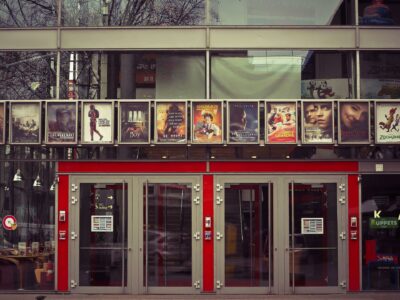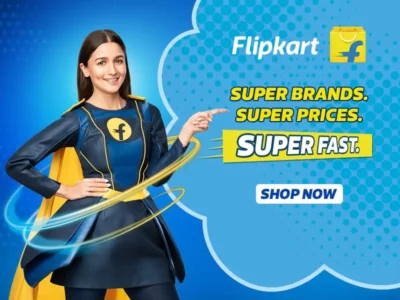Event marketing played a crucial part in our lives in the pre-pandemic era. Brands leveraged highly from the benefits of organizing events around their products and services. Elaborate events draw in large audiences which connect more intensely with brand programs. However, after the Covid-19 pandemic, events halted, leading to a standstill in the events industry.
Post-Covid era, multiple dynamics revolutionized brand strategies. The industry adopted this very change while developing its event marketing strategies. Event marketing is the most effective marketing strategy, say 31% of marketers. Statistics also show that 84% of event attendees had a stronger brand affinity for the advertised brand, business, good, or service after the event.
The phenomenon of Event Marketing
Event marketing is raising awareness of an upcoming event, and it can take place offline, like conventions, workshops, seminars, trade shows, donation camps, meet-and-greet days, etc. These can be online as well, like virtual events, live streaming events, webinars, classes, etc. To put it another way, it all comes down to letting people know that you’re throwing an event and encouraging them to attend. An event marketing strategy is a method used to advertise an event.
The sheer volume of virtual events and changes in consumer behavior present event marketers with more difficulties than ever before in grabbing consumers’ attention. Because more companies are delivering more virtual events and expos every single day, there is a higher need than ever for consumer attention. That propels evolution in the industry.
Importance of event marketing in the post-Covid era
With the boom of virtual events, though sustained and even facilitated events in effective ways, in-person events are a crucial part of event marketing strategy. Changes in consumer behavior during Covid-19 pushed the boundaries for the events industry. It was an era of conference and meeting rooms, auditoriums, and halls where events happened with lectures and presentations. More than ever, attendees need to be motivated by the event experience in order to boost in-person participation. For its success, in the post-Covid world, work and pleasure must coexist. Post-covid, people have added leisure to their work experience. The strongest sponsorship opportunities for businesses are still at in-person events.
Amidst the game of the in-person and virtual, hybrid events in 2020 and beyond provide event planners a workable alternative to keep organizing conferences, concerts, expos, festivals, award ceremonies, and more because of the fluctuating nature of illness rates and public limitations. The distinction between virtual and hybrid events is fairly clear. Except for the physical presence of people in charge, a virtual event is entirely digital. It is entirely online and has no physical attendees except those mentioned above.
Why physical event marketing will still rule
Shared memories from in-person interactions have a greater impact on our connections with our clients than anything online can hope to achieve. For example, it’s challenging to engage in unstructured conversations with registrants during a webinar, but these unplanned exchanges develop your relationships with audiences and frequently lay the foundation for future sales. It could be challenging to maintain an audience’s undivided focus when they are in front of a computer. In such situations, the online medium does away with crucial communication indicators like body language or touching and using your actual products.
What the future holds?
It is difficult to forecast the exact course of event marketing. Budgets might be squeezed, and it’s impossible to predict how long this exceptional circumstance will last. We expect fewer events and fewer attendees during the early phase following the lockout. However, event marketing will continue to be a vital technique for generating sales, and it will gradually become more prevalent. Future event plans will integrate online and offline events to achieve the best of both worlds. While some attendees will join the webinar, some will be present in the actual space.







Comments